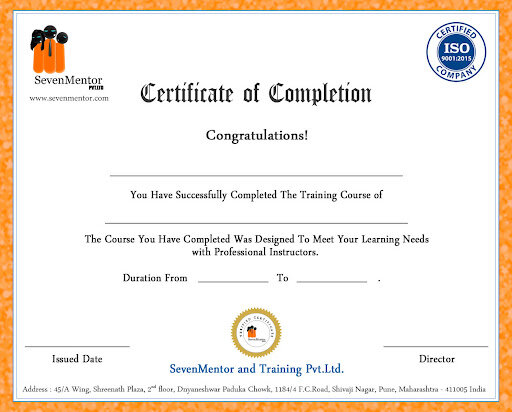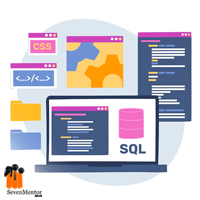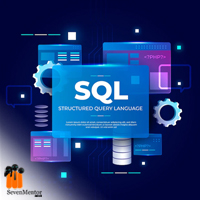SQL
Support the SQL skills and develop the database that connects to the cloud and the company information. Many traditional databases are unable to accommodate the ever-increasing workloads in the era of cloud-native applications. Even the most powerful standalone, monolithic database will struggle to keep up.
Call The Trainer
Batch Timing
- Regular: 2 Batches
- Weekends: 2 Batches
Request Call Back
Class Room & Online Training Quotation
Related Courses
Have a look at all our related courses to learn from any location
Django is a simple , free and open-source web development framework, written in Python. A web framework contains a set of components that helps us to develop websites faster and...
At SevenMentor, we are always striving to achieve value for our candidates. We provide the Best Big Data Hadoop Training which includes all recent technologies and tools. Any candidate from...
Django is a simple , free and open-source web development framework, written in Python. A web framework contains a set of components that helps us to develop websites faster and...
At SevenMentor, we are always striving to achieve value for our candidates. We provide the Best Big Data Hadoop Training which includes all recent technologies and tools. Any candidate from...
Django is a simple , free and open-source web development framework, written in Python. A web framework contains a set of components that helps us to develop websites faster and...
At SevenMentor, we are always striving to achieve value for our candidates. We provide the Best Big Data Hadoop Training which includes all recent technologies and tools. Any candidate from...
Django is a simple , free and open-source web development framework, written in Python. A web framework contains a set of components that helps us to develop websites faster and...
At SevenMentor, we are always striving to achieve value for our candidates. We provide the Best Big Data Hadoop Training which includes all recent technologies and tools. Any candidate from...
Request For Call Back
Class Room & Online Training Quotation













